Blog
Press Release: December 21, 2023
Restricted: Reaching the Unreached

From the isolated and mountainous regions of Southeast Asia to the politically charged zones of South Gumuz in Ethiopia, the geographical and environmental challenges ahead require us to radically broaden involvement – identifying opportunities for growth and removing unnecessary barriers to mission participation. We must achieve alignment with the Church, fostering interdependent mission partnerships domestically and internationally. Above all, let us keep prayer at the forefront – persistent, specific, faith-building, and unified prayer.
South Gumuz Translation: Perseverance & Strength Amidst Detours
In western Ethiopia, the South Gumuz language community is located in the throes of political instability, further intensified by the presence of oppressive forces causing what locals refer to as “peace problems.”
Asosa, the city at the heart of its operations, is not just a workplace but also a hub for vital reviewer workshops. This location is ideal due to its accessibility to the outside world. However, traveling to the language group being served is no small feat.
The direct route between their homes and Asosa takes 4 hours. However, due to problems with a neighboring language group, translators must travel a safer route around the danger area – which adds 1-2 days. Yet, they may still encounter resistance.
Amidst the adversities, the effort of four organizations and individuals dedicated to the cause shines. In the complicated challenges of South Gumuz, the enduring spirit of translation, community involvement, and honoring of the rich tapestry of languages promises a brighter, more inclusive future for all.
*Subula Translation: While the Doors Are Open
Deep in the heart of Cameroon, the Subula-speaking people have a history of facing oppression and cultural struggles.
“At any point, translation could become risky in this context,” commented the Regional Director for West Africa. A door is currently open for Bible translation, and we must equip local leaders if missionary partners must depart for any number of reasons.
The community, after listening to the Faith Comes By Hearing (FCBH) recording of the New Testament, was moved by the Holy Spirit to declare, “We are Christians!” Now, they yearn for a complete Bible.
The Bible Society of Cameroon recognized that Lutheran Bible Translators, as a more agile organization, can work alongside smaller and often neglected people groups.
The project is helped by two dedicated teams, each comprised of three local leaders. “National churches are assigning trained pastors as Bible translators for their own languages. Not one but two pastors were assigned to the Subula Bible translation project, along with four other well-educated Subula translators,” shared Joan Weber, missionary to Cameroon.
This project is more than just a translation. It’s a reclamation of identity, faith, and culture. Local leaders, equipped and empowered, are driving this project forward, ensuring the Subula voice continues to resonate for generations.
It’s critical that this translation happen now before the doors close.
In 1975, the Subula dedicated the New Testament. Not many Subula could read at that time, and Christians were sparse. Years later, Faith Comes by Hearing recorded the New Testament, and faith spread rapidly. This excitement led them to search for the long-forgotten printed copies, but, to their dismay, termites had ravaged the storehouse. The Lutheran church did have a Bible songbook, however. The Subula asked Lutheran Bible Translators missionaries to transcribe into a computer. After many hours of laborious typing, they printed 600 copies, which quickly sold out.
Now, these Bible songs in the language they understand best are stirring affection for God’s Word in the hearts of the Subula.
They are asking and longing for a full Bible.
*Shi Translation: Becoming Dynamic Storytellers in Southeast Asia
In a remote mountain region of Southeast Asia, the Shi-speaking people dwell in isolation, retaining a unique, primarily monolingual lifestyle. Demanding animistic religious practices and a crippling drug addiction crisis have covered the Shi in darkness. God is working miracles to free people from demon possession and drug addiction, but believers experience scrutiny and suffer persecution. To bring God’s Word to the Shi, innovation is needed.
*Mark and Marie, urban-based missionaries, have trained a team of believers from the *Khon language project in methods of Oral Bible Story Crafting, and the Khon team is working with the Shi to develop the first Bible stories in the Shi language. Thirty stories from the Gospel of Luke have been developed in the Shi language and discreetly distributed on audio players, YouTube videos, and
phone apps.
Next, the Khon team will help the Shi develop a panorama of Old Testament stories and grow in confidence to re-tell these stories and lead simple oral Bible studies in Shi communities. Among the Khon, digital materials are replacing books to present rich Biblical media for the Khon, including a Bible story-based basic Christian discipleship curriculum! Videos help leaders and new believers learn concurrently, and discussion questions prompt animated interactions that strengthen the discipleship journey. Despite potential risks, the Khon media team discreetly navigates the tightrope of outreach
and safety.
Marie shared, “Our co-worker expressed, ‘Every time I go out, I don’t know if this will be the last time I will be allowed to do this.’ People here are willing to take risks for the Gospel.” The Shi people need God’s Word to reach them in the darkness.
*Pseudonym used
When a sensitive area requires an alternate language name, a team creates a realistic-sounding name and spends many hours dialoguing and researching databases to evaluate the potential for confusion. Each pseudonym must be unique to avoid harming any other languages.


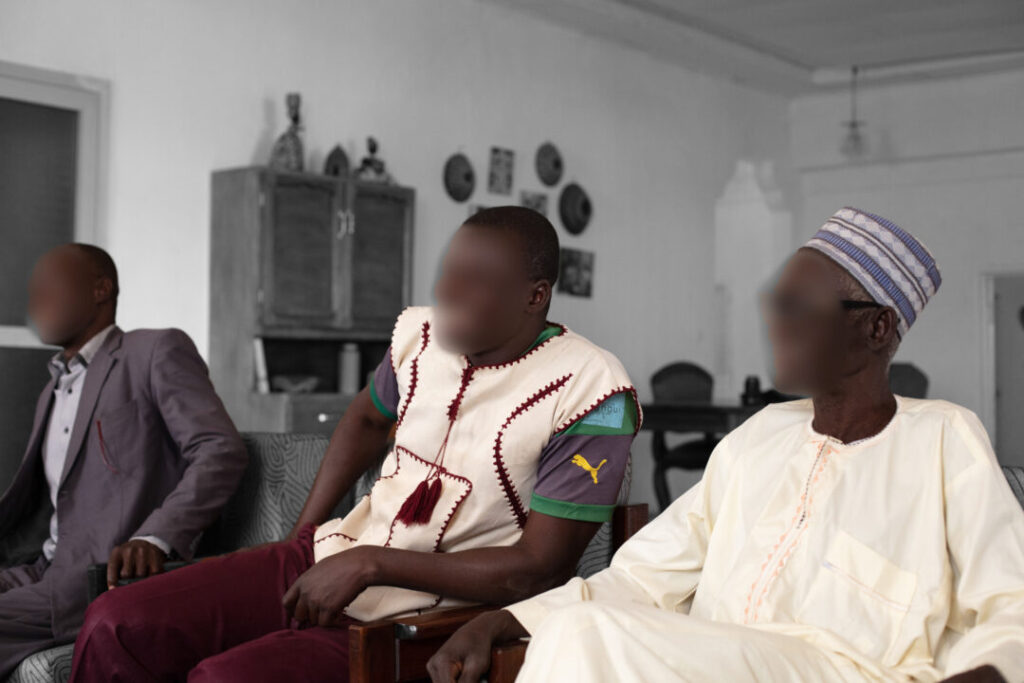
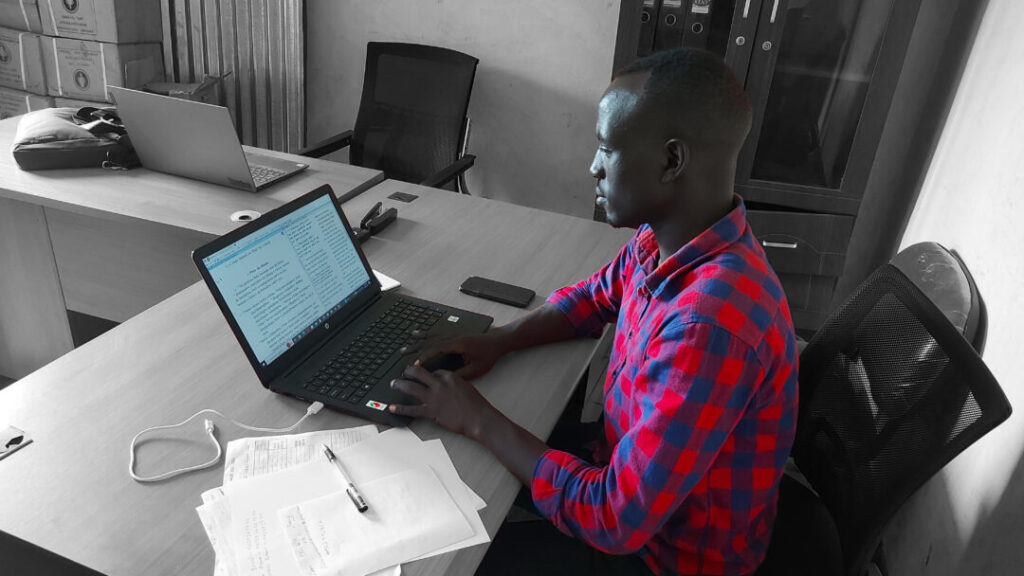
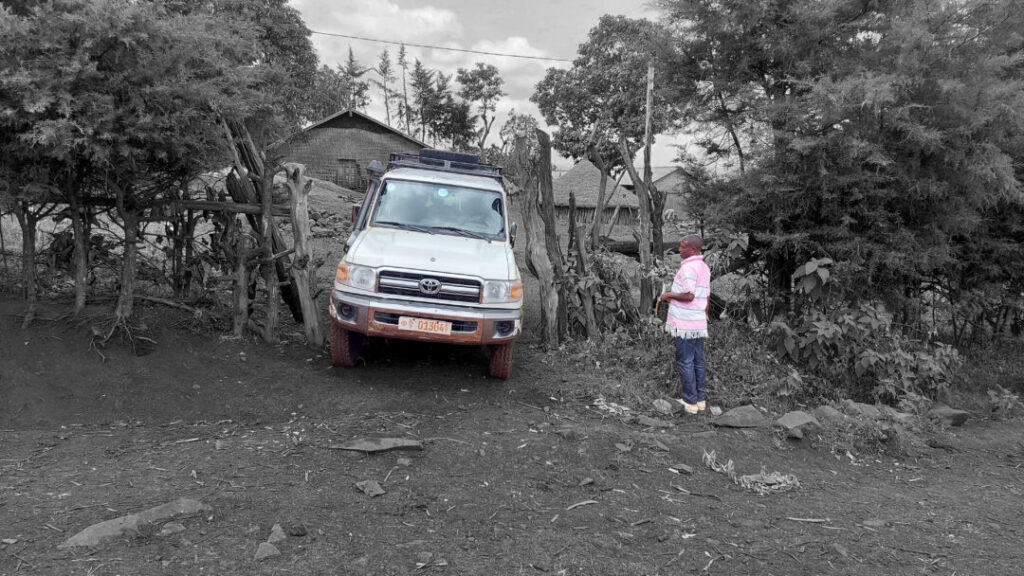
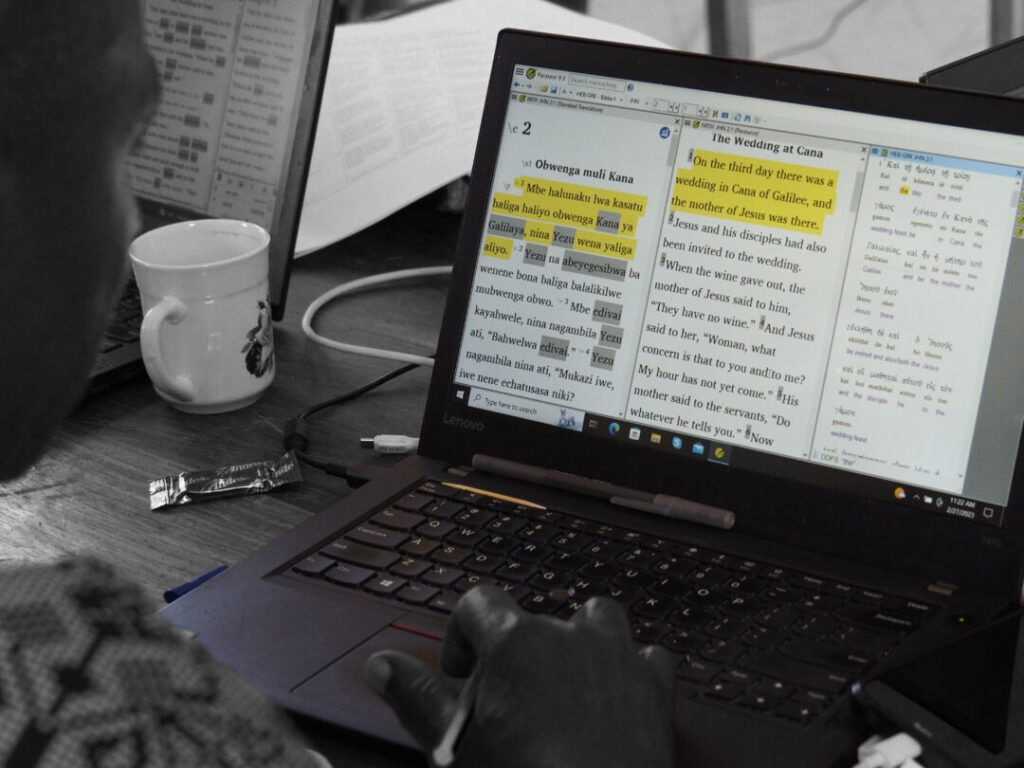

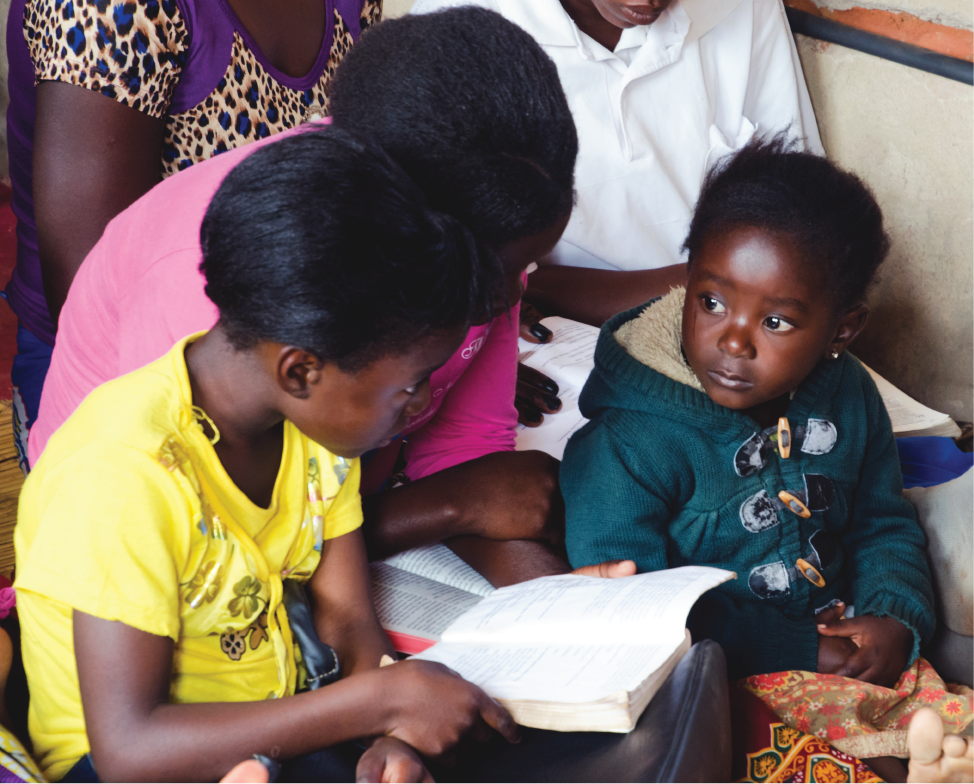
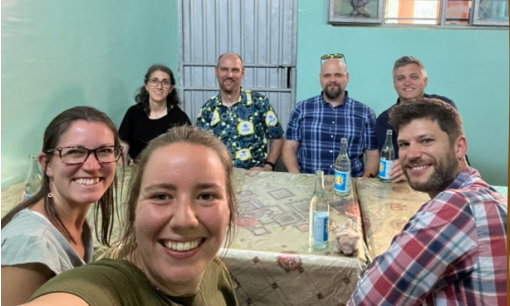
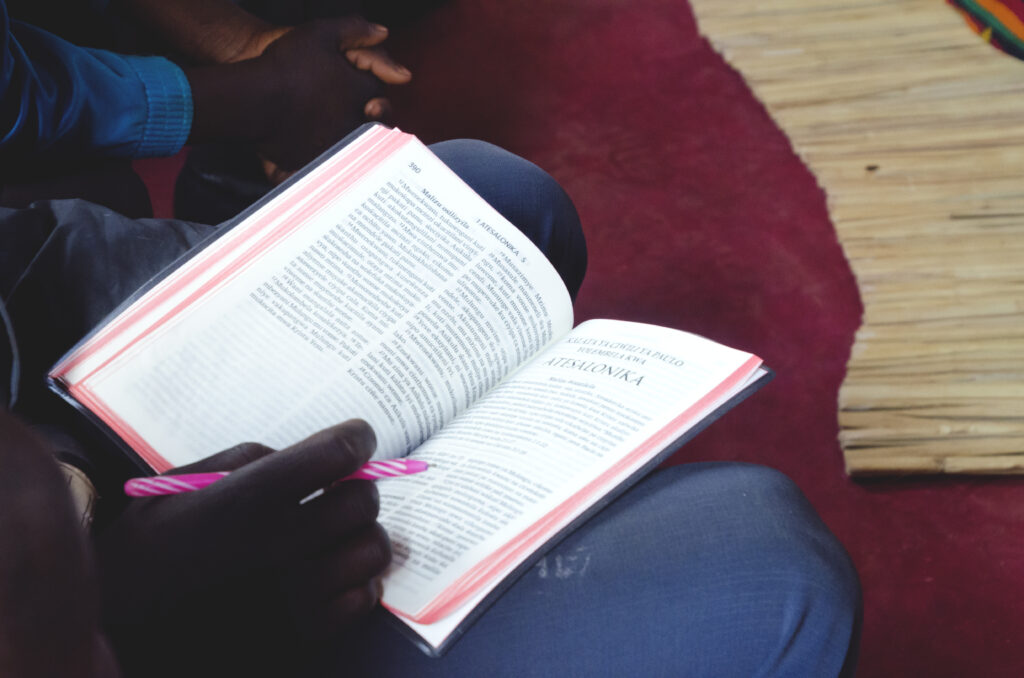
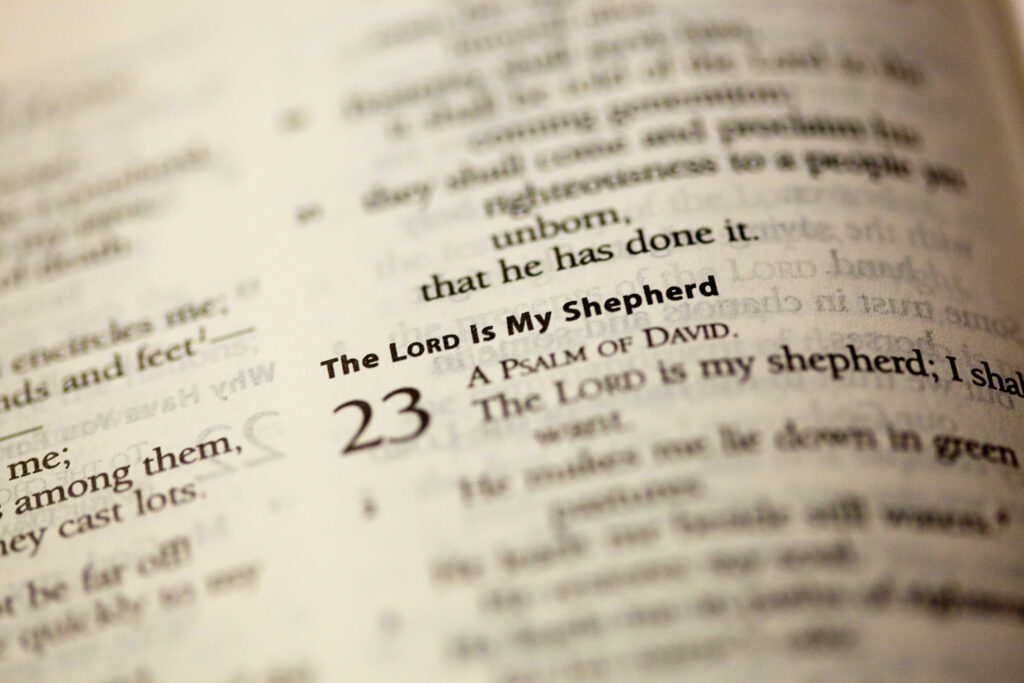
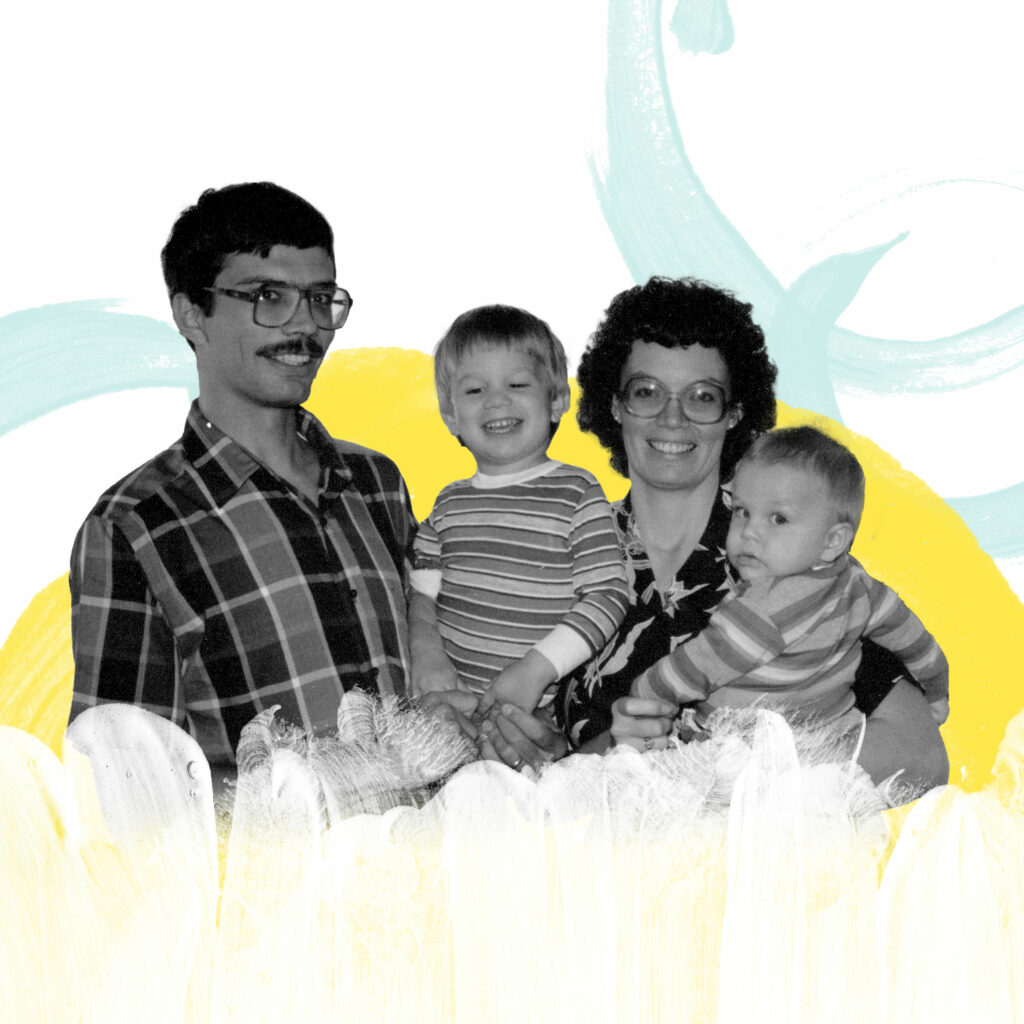
Leave a Reply
You must be logged in to post a comment.